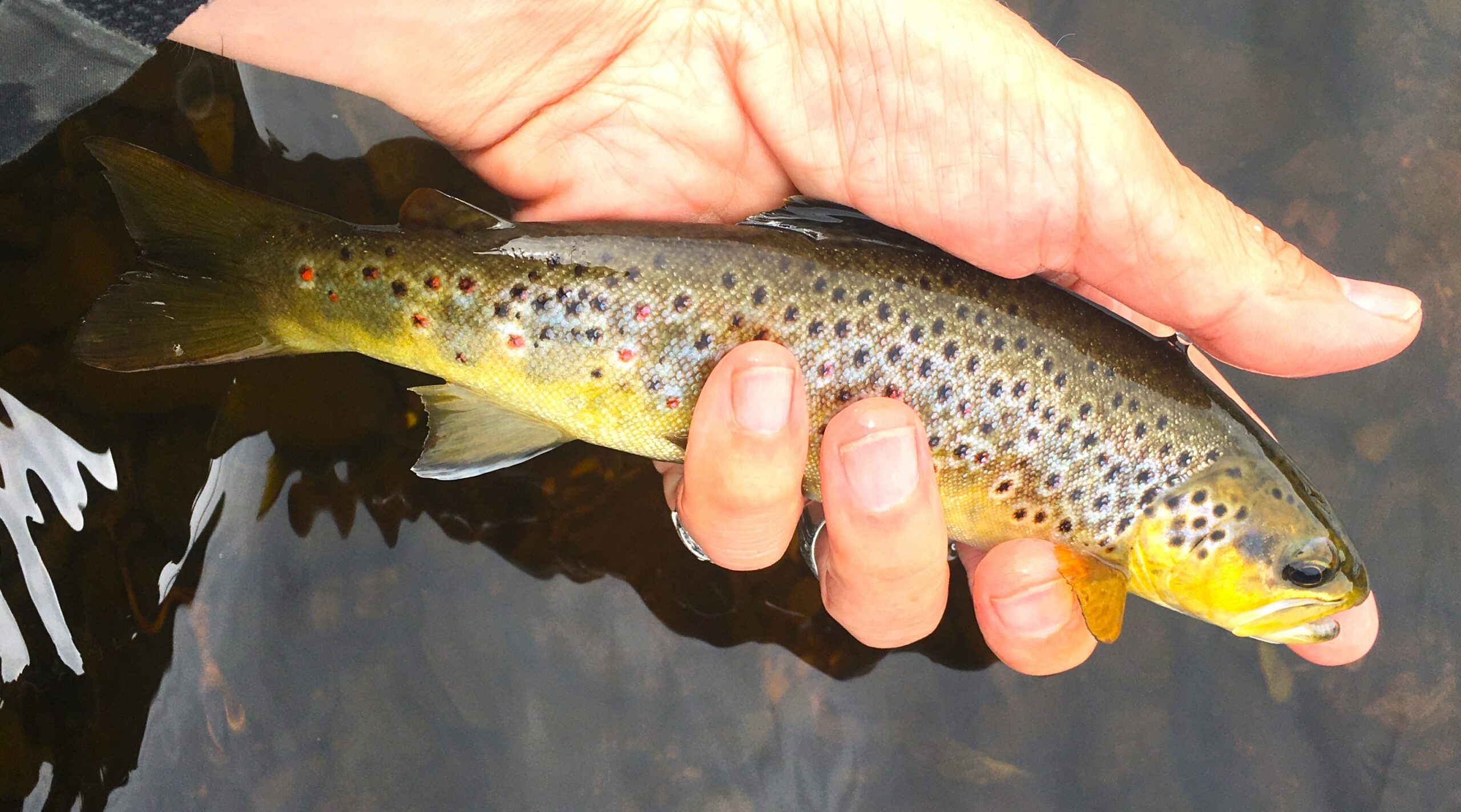
Campaigns
Angling Trust welcomes IUCN’s assessment of Atlantic salmon
The Angling Trust is a member of the Missing Salmon Alliance (MSA) and together we have welcomed the new International Union for Conservation of Nature (IUCN) classification for Atlantic salmon, including listing the majority of the UK’s populations as endangered.
This change in conservation status is supported by the research and work of members of the MSA. Their evidence, including the Angling Trust’s own Salmon Charter, and its actions to promote conservation and restoration of the species formed part of this re-assessment.
Anglers have been leading the way for many years when it comes to salmon conservation through a range of voluntary measures and self-imposed behaviour changes to ensure their actions are carried out responsibly. These conservation efforts are clearly recognised in the accompanying information provided on the IUCN website.
Stuart Singleton-White, Head of Campaigns at the Angling Trust, said:
“Calls for further restrictions on responsible angling will not address the issues and conservation crisis facing Atlantic salmon. Such moves would be counter-productive and only serve to make the outcome worse.
“The angling community is at the very heart of Atlantic salmon conservation. Individual anglers and angling organisations provide knowledge, practical support, and huge amounts of the funding that underpins the work of conservation, as well as countless hours of volunteer work assisting conservation projects, monitoring water quality, and combating illegal exploitation.
“The decline of wild Atlantic salmon in Great Britain has already damaged the cultural, spiritual, and emotional health and wellbeing of communities like anglers who live and work on our rivers, and these communities are absolutely central to the solutions and actions we need to take to restore wild Atlantic salmon.”
There are many pressures facing Atlantic salmon, in both our rivers and coastal waters. Urgent action is needed in areas such as removing barriers, improving spawning and juvenile fish habitat, bolstering river climate change resilience, and reducing water pollution to support the restoration of wild Atlantic salmon. More protection is also needed in the marine environment. These are the issues that must be addressed to ensure a future for Atlantic salmon, the wider biodiversity of our river catchments, and local communities.
You might also like
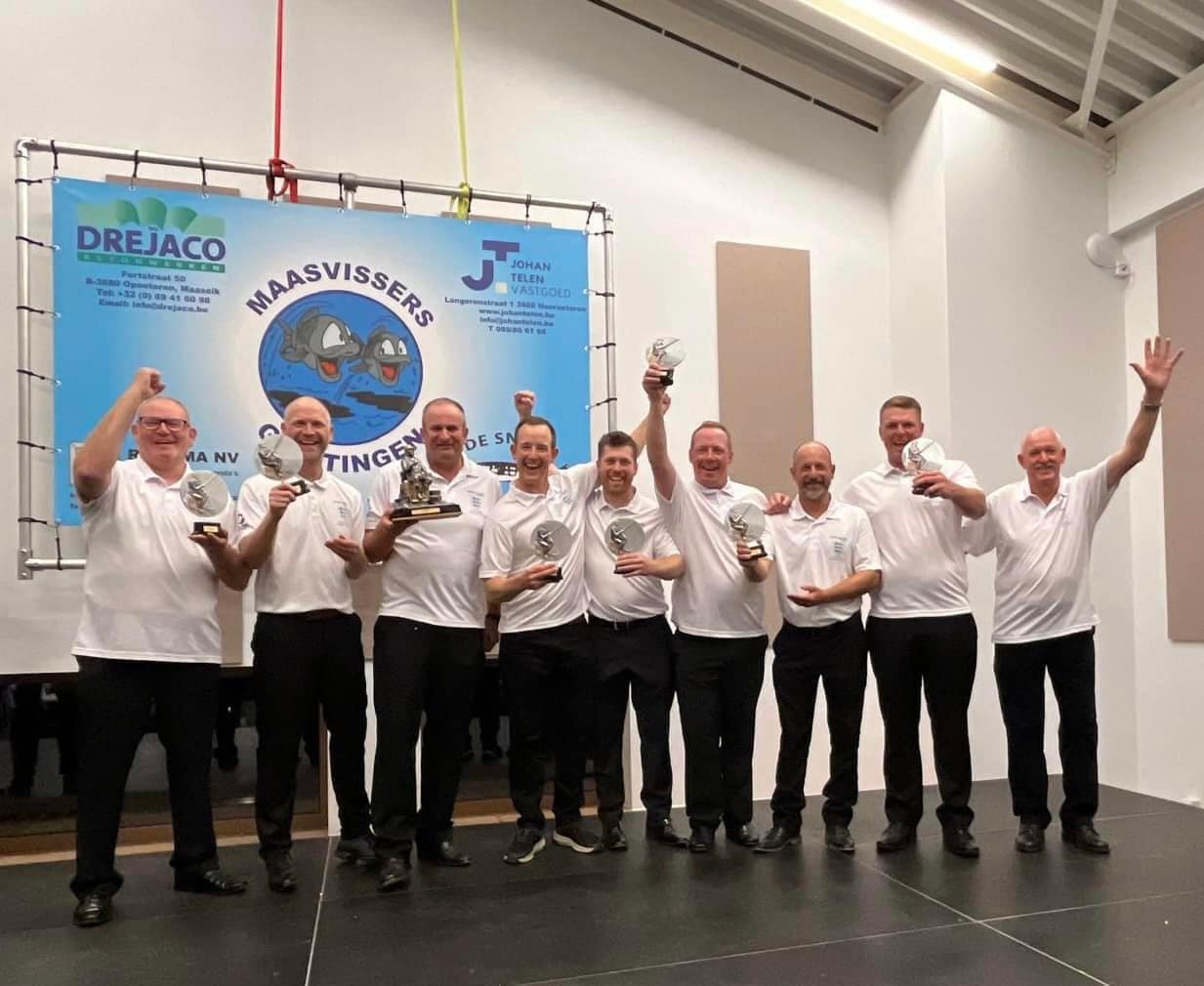
ENGLAND WIN SILVER, RINGER TAKES GOLD, AND MASTERS FINISH…
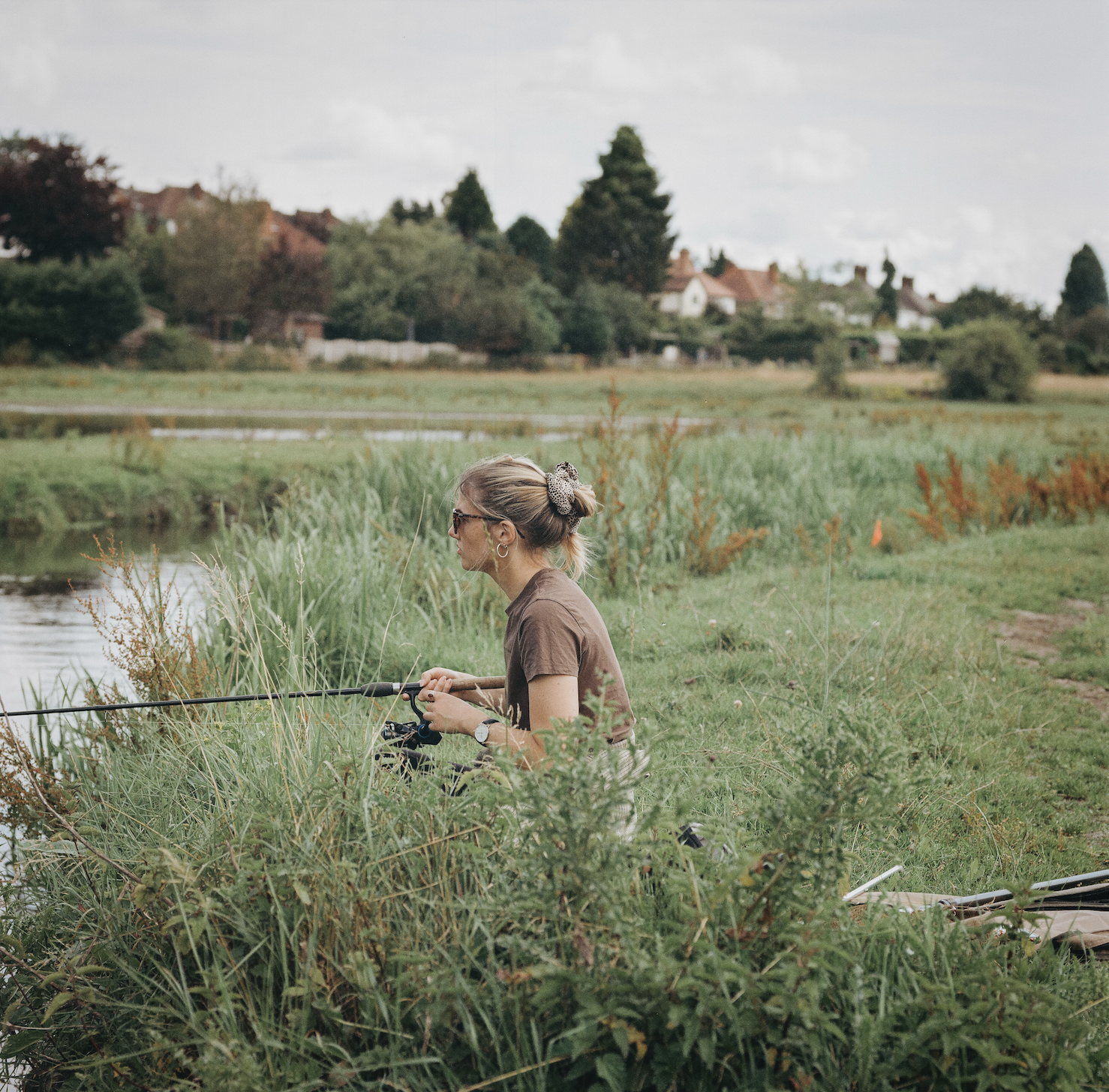
‘Lady of the Stream’ photographer Amber Banks Brumby captures…
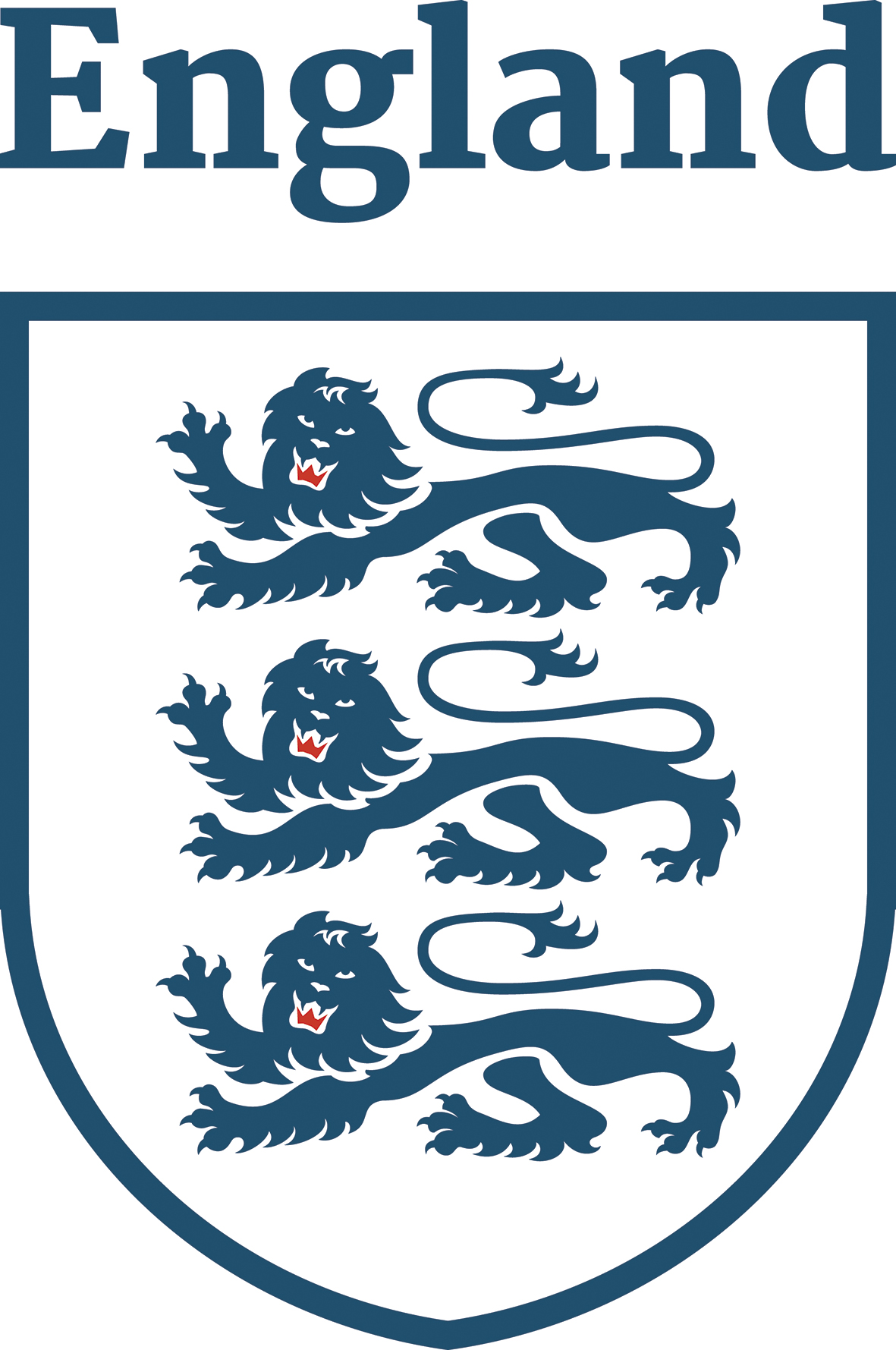
ANGLING TRUST APPOINT NEW MANAGER FOR ENGLAND DISABLED TEAM
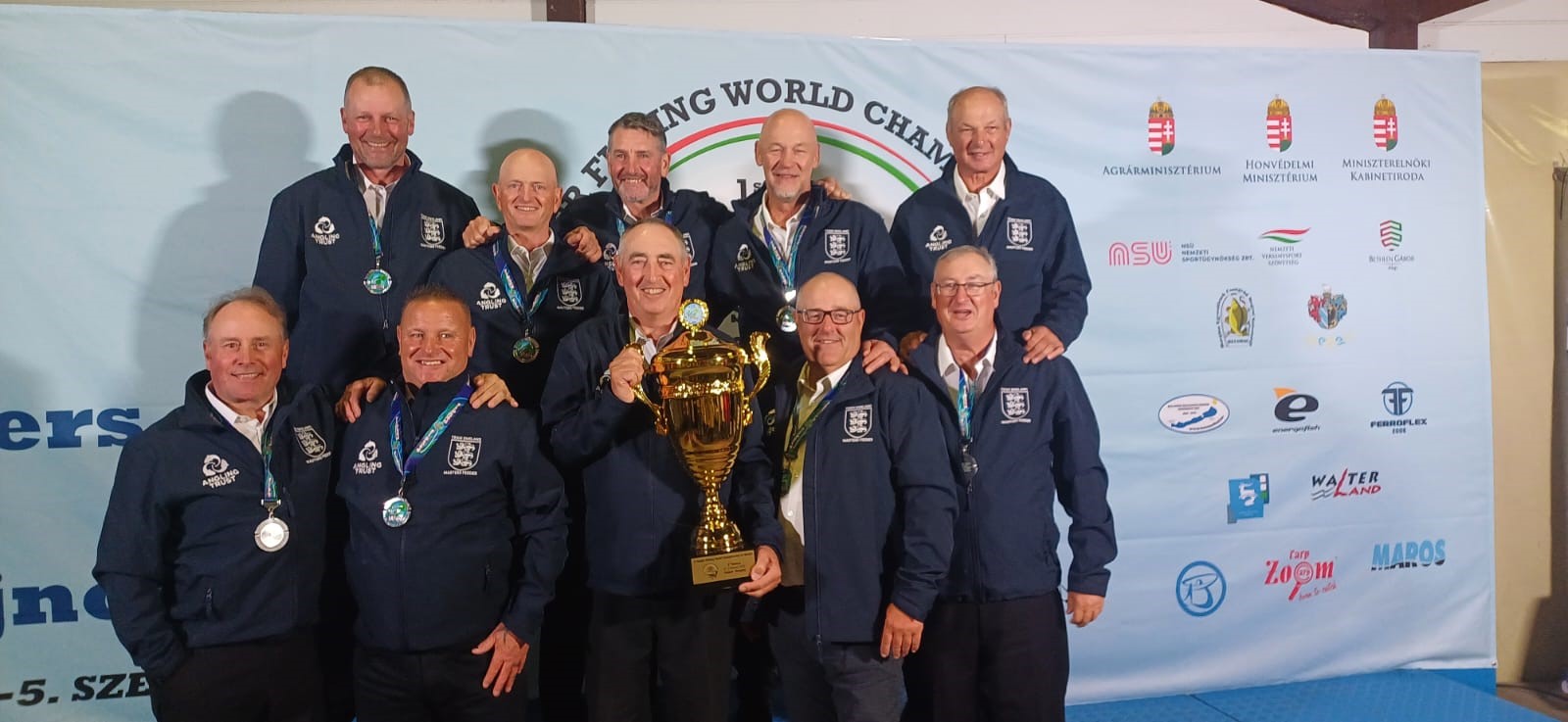
SILVER FOR ENGLAND IN MASTERS FEEDER WORLD CHAMPS

MANAGER NAMED FOR NEW ENGLAND U22 CARP TEAM

Anglers Views Needed on Southern IFCA Shore Gathering Byelaw

Angling Improvement Fund now open for projects to control…
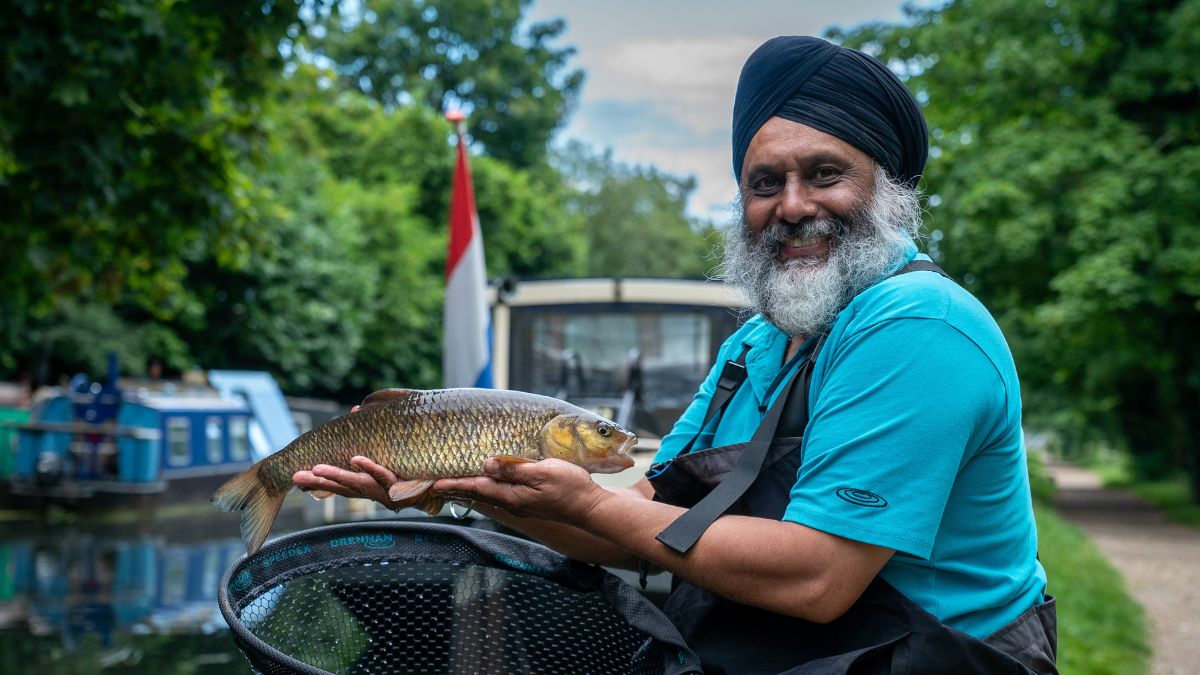
Londoner selected for Angling Trust’s short film YouTube series
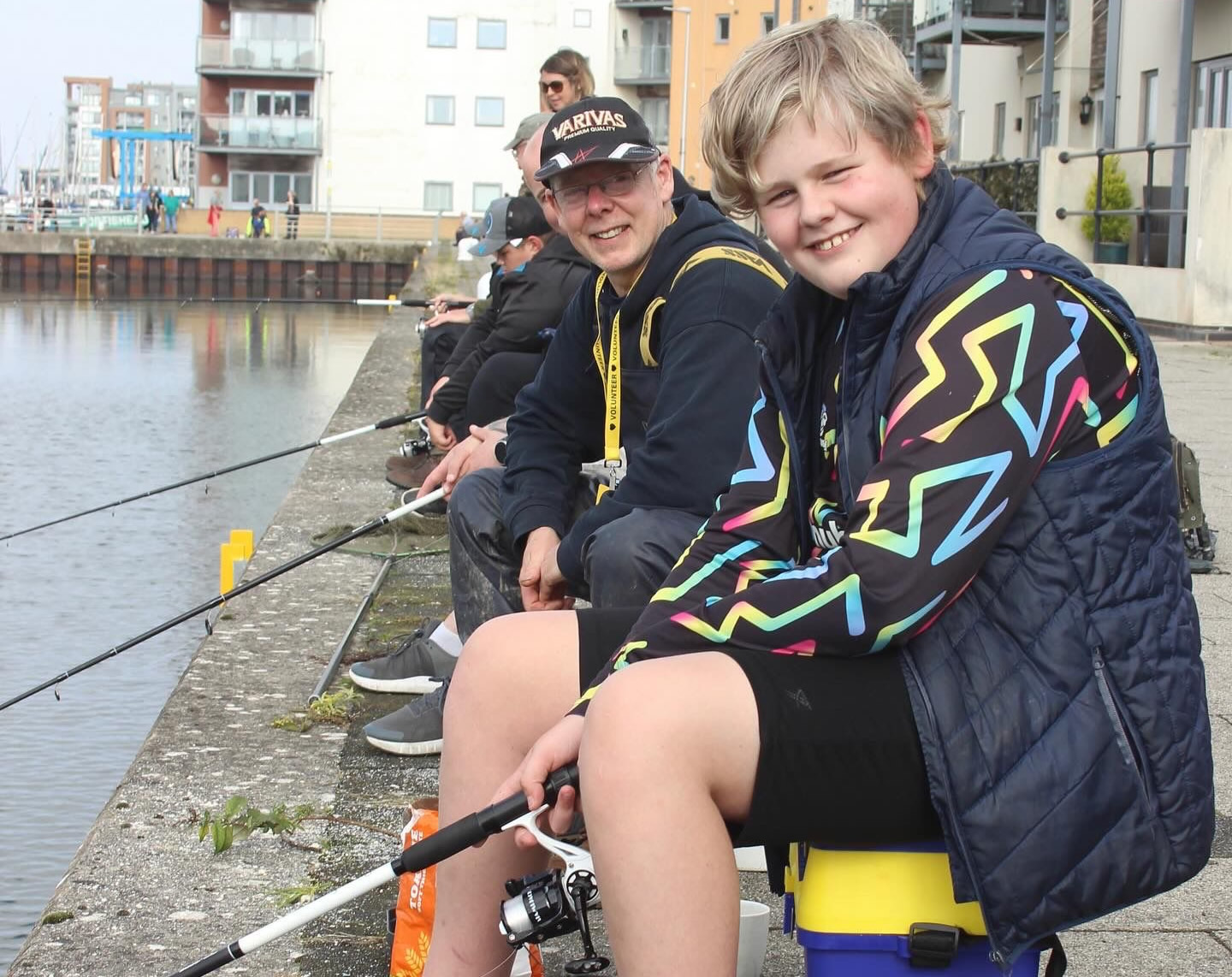
📷 NEW PHOTOS: Get Fishing event at Portishead Marina…
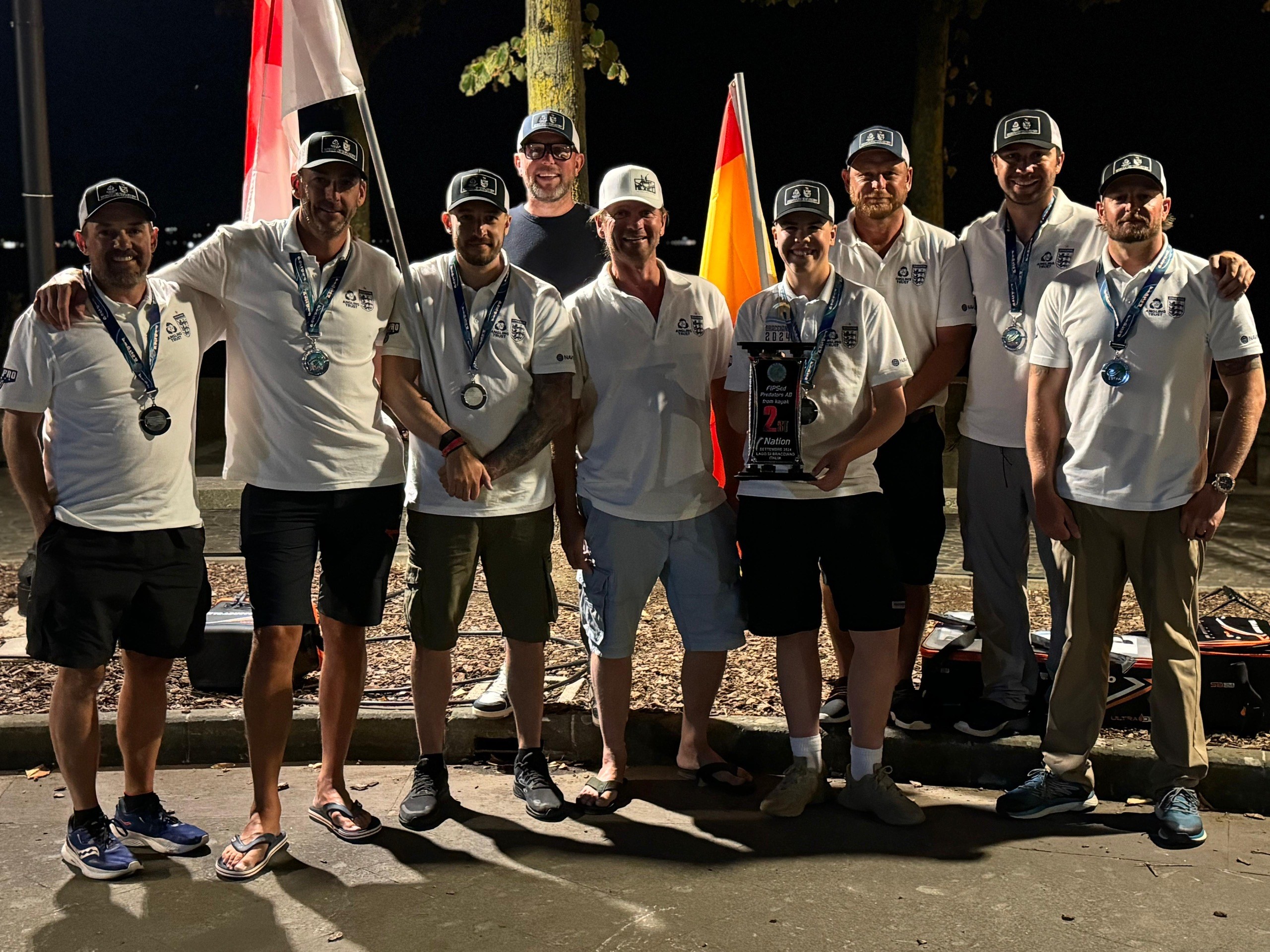
ENGLAND KAYAK TEAM WIN SILVER IN CLOSE WORLD CHAMPS
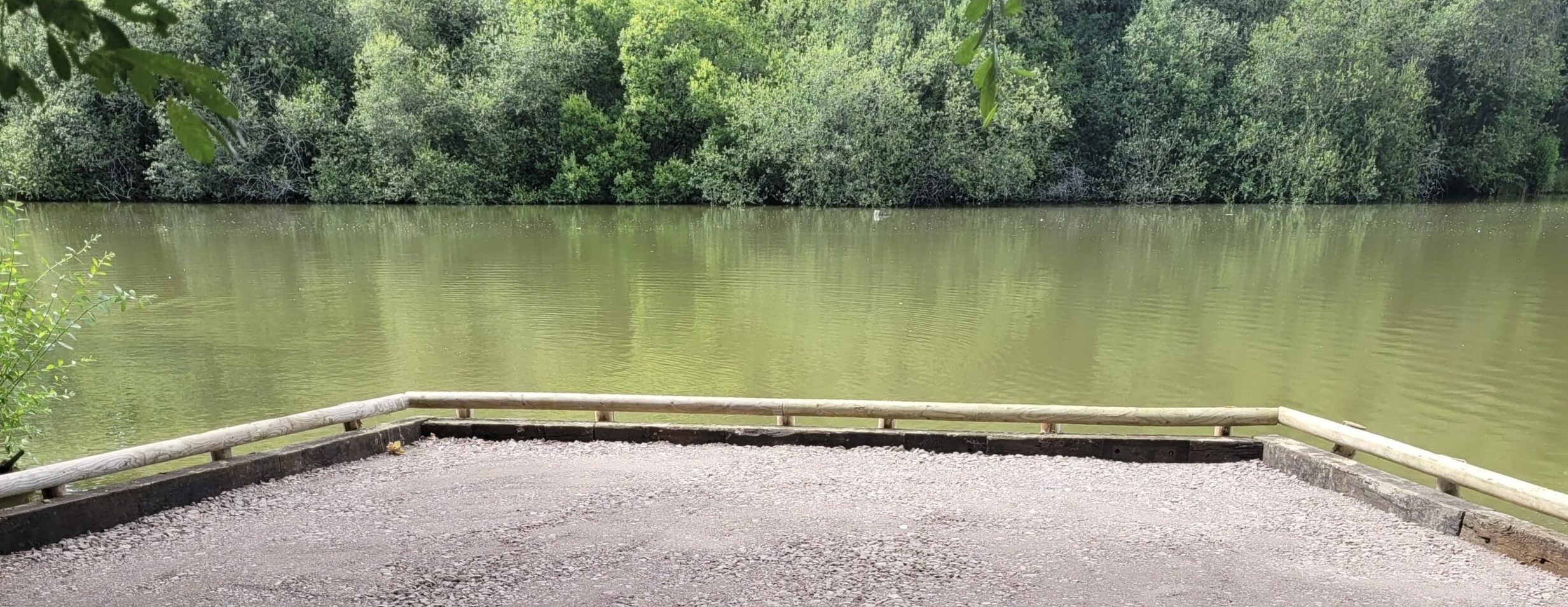
The Fisheries Improvement Programme – Supporting Club Development
